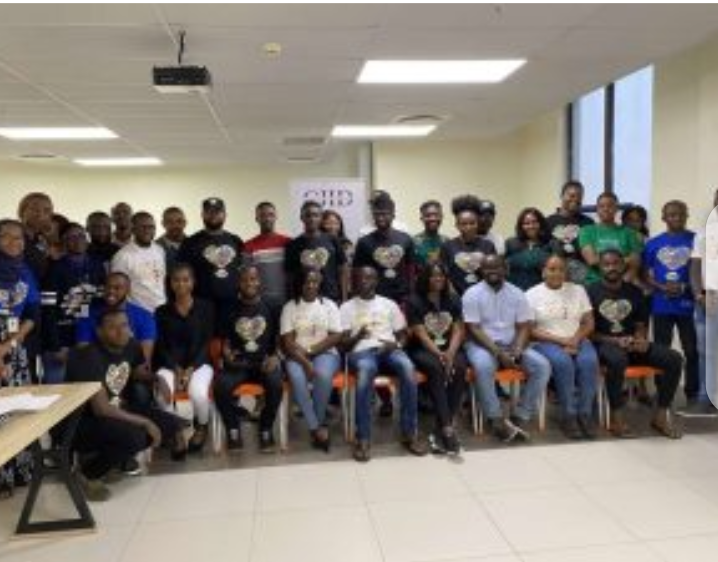The Centre for Journalism Innovation and Development(CJID)has organised a capacity building workshop for 20 researchers and journalists from different newsrooms in the country, to understand the nexus between environment, health, and climate change.
The two-day training which ended on Saturday, in Abuja was organised by the centre through its Development Practice desk to build the capacity of journalists and deepen their understanding of the linkages between climate change, the environment, and various health issues.
The training was part of its activities to mark this year’s World Health Day, themed “Our planet, Our health”.
The Deputy Director, CJID, Mr Akintunde Babatunde, said in his address of welcome that with the devastating impact of climate change on the health of the people, the time is now for journalists and researchers to be empowered with the right skills.
He urged them not to only tell the stories of vulnerable groups who are facing the impact but also to assign responsibilities.
He said that people were allowing their lifestyle and habits to influence changes in Climate conditions due to lack of knowledge and first-hand environment of the consequences of their actions.
“Time has come for us to communicate the importance of sourcing and reporting health and climate change related stories and climate journalism from different perspectives, health, environment and how it affects animals in the environment.
Also speaking, the Executive Director, Dr Tobi Oluwatola, who spoke on the topic ”Understanding Climate Change concepts, causes , evidence and impacts in Africa advised newsmen to look closely on how the impacts of Climate Change has affected Africa and Africans largely.
He explained that Africa contributed less than two per cent of emissions globally ,yet suffer the worst effects of Climate Change.
Africa, he said, had poor access to clean energy, especially cooking and electricity .
According to him, the inconvenient truth will be that the world is very close to the much dreaded limit that is capable of ruining humanity and must take action to avoid this impending doom.
Mr Kemi Busari, a facilitator, said that in writing Environment hazard related stories, care should be taken to communicate in clear terms especially to people without basic information to avoid loss of communication that could create anxiety.
Other topics delved on understanding ‘One health Agenda”, understanding health policies on Environmental protection and climate change and who should be held accountable at various levels.
Reports have it that CJID is a media development Organisation setting the agenda for building the capacity of the media to become a more informed, innovative and competitive institution well positioned as a central player in today’s knowledge societies and economies, and able to provide appropriate interface for civil society and governance institutions.
